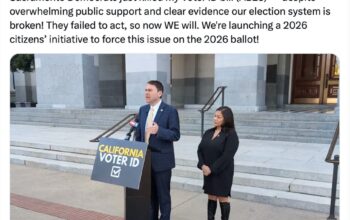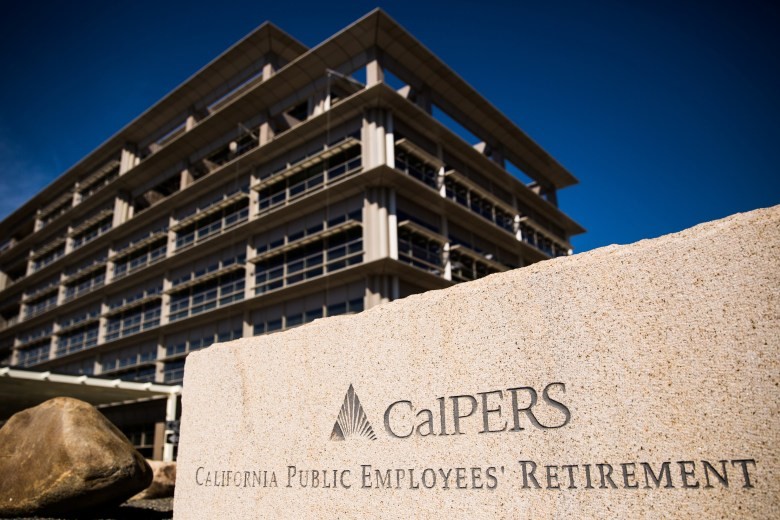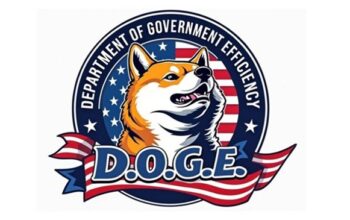The voters have spoken, we want to allow Uber and Lyft drivers to be independent contractors. The unions and State government are horrified that folks do not want to pay bribes to unions in order to work. The issue is simple, do the people of California have the right to make laws, or not. Finally, a Court ruled that the Hiram Johnson reforms are still in place.
“In Nov. 2020, California voters approved Proposition 22, which allowed ride-sharing and delivery app makers to classify their drivers as independent contractors. A California judge ruled the proposition unconstitutional in 2021, arguing that it infringed the legislature’s power to set standards at the workplace. The state and a group representing the companies and other parties appealed that decision, and Monday’s ruling came down in their favor.
Sadly, many laws passed by the people of California have been overturned by courts—eliminating our rights. Every once in a while the courts allow the people of California to have some rights.
Uber and Lyft shares rise after California court victory lets them classify drivers as contractors

Rohan Goswami, CNBC, 3/13/23
Ride-sharing apps, including Uber and Lyft, can continue to treat their drivers as independent contractors, a California appeals court ruled on Monday, overturning a lower-court decision that barred them from doing so.
In Nov. 2020, California voters approved Proposition 22, which allowed ride-sharing and delivery app makers to classify their drivers as independent contractors. A California judge ruled the proposition unconstitutional in 2021, arguing that it infringed the legislature’s power to set standards at the workplace. The state and a group representing the companies and other parties appealed that decision, and Monday’s ruling came down in their favor.
Shares of ridesharing and delivery companies rose on the news, with Uber, Lyft, and Doordash notching gains of more than 4% after hours.
Prop. 22 created a set of criteria which determined whether ride-share drivers were employees or independent contractors> In practice, it exempted Uber and similar companies from following certain minimum wage, overtime, or workers compensation laws for hundreds of thousands of Californian rideshare drivers. Instead, the ballot measure required companies to provide compensation and healthcare “subsidies” based on “engaged” driving time, as well as other benefits, including safety training and “sexual harassment training.”
It was the most expensive ballot issue in California’s history, with ride-share companies contributing over $181 million to the “Yes” campaign. Companies reportedly moved aggressively to prompt their drivers to support the initiative, which passed with 58.6% of votes in support.
A group of ride-share drivers sought to strike down Proposition 22, and won a lower court decision. But in a 63-page opinion issued Monday, California justices from the 1st District Court of Appeal disagreed with that court, and upheld the proposition.
“Proposition 22 does not intrude on the Legislature’s workers’ compensation authority or violate the single-subject rule,” the opinion read.
“Today’s ruling is a victory for app-based workers and the millions of Californians who voted for Prop 22. Across the state, drivers and couriers have said they are happy with Prop 22, which affords them new benefits while preserving the unique flexibility of app-based work,” Uber chief legal officer Tony West said in a statement.



